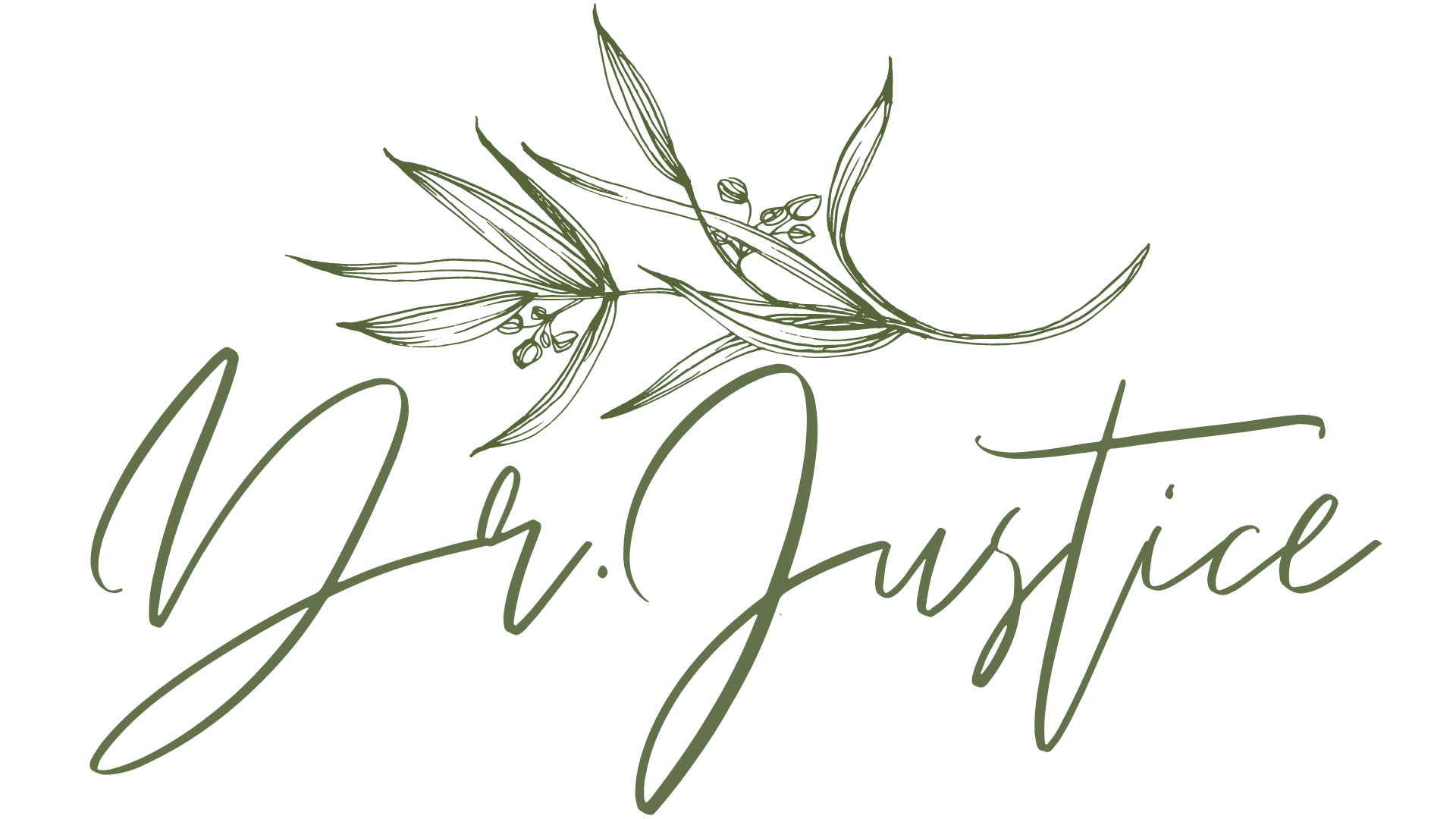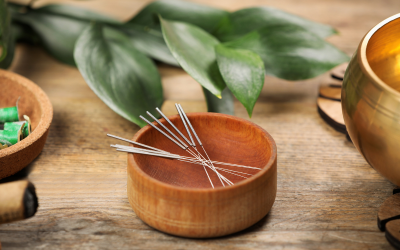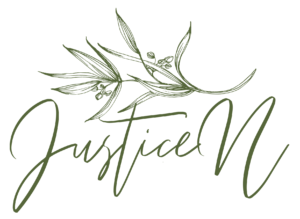INTRODUCTION
Trauma is a deeply impactful experience that can affect an individual’s mental, emotional, and physical wellbeing. We are conditioned to think that trauma is only things like combat or car accidents, however it can manifest in various forms, including physical trauma, emotional trauma, and mental trauma. Each type of trauma has unique symptoms and may require specific treatment approaches. Other examples of trauma are loss of a loved one, childhood abuse, breakups, surgery, or living through a global pandemic. These can lead to a host of symptoms, like anxiety, depression, hypervigilance, dissociation, pain, headaches, and more.
Traditional approaches to trauma care often focus on symptom management and medication, but there is a growing recognition of the need for a holistic approach to healing. Acupuncture and Chinese Medicine provide a unique perspective on trauma recovery, with a focus on restoring balance and harmony within the body, mind, and spirit. By understanding the principles of acupuncture and Chinese Medicine, exploring their role in trauma recovery, and examining their efficacy through research and personal testimonials, we can recognize the transformative potential of these practices in addressing the effects of trauma.
While traditional approaches to trauma care can be effective in treating specific symptoms and addressing immediate needs, a more holistic approach is often necessary to promote lasting healing and well-being. Acupuncture and Chinese Medicine offer a unique perspective that goes beyond symptom management and instead aims to restore balance and harmony to the body, mind, and spirit. By addressing the underlying imbalances and energetic blockages that can occur after a traumatic event, individuals can experience not only symptom relief but also a sense of renewal and transformation.
Through continued research and personal testimonials, the transformative potential of acupuncture and Chinese Medicine in trauma recovery is becoming increasingly clear. Patients who have integrated these modalities into their treatment plan often report improvements in physical symptoms such as pain and headaches, as well as emotional symptoms such as anxiety and depression (Guerra-Martín, 2021). Integrating these practices into trauma care can provide a more comprehensive and patient-centered approach, promoting healing and well-being on multiple levels. By understanding the principles of acupuncture and Chinese Medicine and exploring their role in trauma recovery, more healthcare professionals can integrate these practices into their treatment plans, offering a more holistic approach to supporting individuals on their healing journey.
UNDERSTANDING ACUPUNCTURE AND CHINESE MEDICINE
Acupuncture, an essential component of Chinese Medicine, involves the insertion of fine needles into specific points of the body to stimulate energy flow and promote healing. This ancient practice is based on the belief that an imbalance or blockage in the flow of Qi (pronounced “chee”), the vital life energy, can lead to physical and emotional disharmony. Chinese Medicine takes a holistic approach to health and disease, viewing the body as an interconnected system influenced by internal and external factors such as emotions, diet, and environment. Central to Chinese Medicine is the notion of restoring balance and harmony to promote well-being and healing.
THE ROLE OF ACUPUNCTURE AND CHINESE MEDICINE IN TRAUMA RECOVERY
Within the framework of Chinese Medicine, trauma is viewed as a disruption of the flow of blood and Qi, the vital life energy that circulates throughout the body. Traditional theories and concepts within Chinese Medicine provide insights into the nature of trauma and its impact on an individual’s overall well-being, stemming from physical and emotional disharmony. When trauma occurs, it can create energetic imbalances and stagnation (immobility) within the body, affecting one’s overall well-being. Acupuncture aims to restore the flow of Qi, addressing both physical and emotional aspects of trauma. By inserting thin needles into specific acupuncture points, the body’s natural healing mechanisms are activated, promoting the release of neurotransmitters and endorphins, regulating the nervous system, and reducing the physiological response to stress. Furthermore, acupuncture helps individuals reconnect with their bodies and emotions, promoting a sense of grounding and self-awareness. By addressing these physical aspects, acupuncture supports the body’s innate capacity to heal and restore balance.
EVIDENTIAL SUPPORT FOR ACUPUNCTURE IN TRAUMA RECOVERY
Clinical trials and systematic reviews provide evidence supporting the use of acupuncture in trauma recovery. For example, a randomized controlled pilot trial conducted by Hollifield et al. in 2007 explored the effectiveness of acupuncture for post-traumatic stress disorder (PTSD). The study found that acupuncture significantly reduced PTSD symptoms and improved overall psychological well-being in the participants. Additionally, a systematic review by Kim, Chae, and Lee in 2019 evaluated the effectiveness of acupuncture for PTSD, analyzing randomized controlled trials and prospective clinical trials. The review found that acupuncture demonstrated promise as a complementary therapy for reducing symptoms of PTSD, including anxiety, depression, and sleep disturbances. These studies showcase the potential of acupuncture in trauma recovery and support its integration into trauma care practices.
Treatment for PTSD in Western terms is still being explored (CBT, talk therapy, EMDR, etc.) however Eastern views each patient as unique with distinctively identifiable patterns and symptoms which require a individual and tailored approach based on each patient’s experience.
INTEGRATING WESTERN AND EASTER APPROACHES
Conventional approaches to trauma care have their merits, but there is an increasing recognition of the importance of integrating Western and Eastern modalities for a more holistic and patient-centered approach. Trauma-informed care emphasizes understanding the impact of trauma on individuals and providing care that is sensitive and responsive to their needs. Successful integrative trauma care programs have emerged, incorporating acupuncture and Chinese Medicine alongside conventional therapies. By combining Western psychological interventions with acupuncture and Chinese Medicine, healthcare professionals can address trauma at both the cognitive and physiological levels, promoting healing and restoration of well-being.
As the mental health field continues to evolve and expand, there is mounting evidence that a holistic approach to addressing trauma can lead to better outcomes for individuals. The integration of Western and Eastern modalities in trauma care is a natural step towards taking a more comprehensive and patient-centered approach. Combining traditional Western psychology interventions, such as cognitive-behavioral therapy (CBT) and exposure therapy, with acupuncture and Chinese Medicine can offer a more effective way to address the effects of trauma.
Trauma-informed care highlights the importance of viewing trauma not as an isolated incident but as a complex interplay of physical, emotional, and psychological factors that can have long-lasting effects. By placing an emphasis on providing care that is sensitive to individuals’ needs and experiences, trauma-informed practices aim to promote a sense of safety, trust, and empowerment for individuals undergoing treatment. Integrating Eastern modalities such as acupuncture and Chinese Medicine can enhance this approach by offering a unique perspective that addresses the mind-body-spirit connection.
Successful integrative trauma care programs have emerged as healthcare professionals recognize the limitations of using strictly Western approaches to address trauma. Integrative programs often incorporate a range of modalities, including art and music therapy, mindfulness and meditation practices, and yoga alongside acupuncture and Chinese Medicine.
The combination of Western psychological interventions with acupuncture and Chinese Medicine provides a twofold approach to trauma recovery: by addressing the cognitive component of trauma through traditional psychological interventions, while also regulating the nervous system and promoting physical healing through acupuncture and Chinese Medicine. These modalities complement each other, creating a more comprehensive approach that delivers both short-term and long-term benefits for patients.
Overall, the integration of Western and Eastern modalities offers a promising way to address the multifaceted nature of trauma. Trauma-informed care provides a framework for understanding the impact of trauma on individuals, and the integration of Eastern modalities offers unique approaches to promote healing and well-being. By utilizing a combination of therapies that address individuals at both a cognitive and physiological level, healthcare professionals can promote lasting healing and restoration of well-being for those experiencing the effects of trauma.
CASE STUDIES AND PERSONAL TESTIMONIALS
While research studies are invaluable and necessary to grow and advance in medicine, real-life examples can also provide powerful insights into the positive impact that acupuncture and Chinese Medicine can have on trauma recovery. Personal testimonials and case studies allow individuals who have experienced the benefits of these practices to share their stories of transformation and healing. These narratives underscore the potential of acupuncture and Chinese Medicine in addressing the effects of trauma and offer hope to those seeking alternative approaches to their healing journey. Hearing about the success stories and positive experiences of others can inspire individuals to explore the potential benefits of acupuncture as part of their trauma recovery plan.
CONCLUSION
Acupuncture and Chinese Medicine offer a transformative approach to trauma recovery by addressing the physical, emotional, and spiritual aspects of an individual’s well-being. The emphasis is on restoring balance and harmony within the body aligns with the holistic nature of trauma recovery. Clinical trials and systematic reviews provide evidence supporting the effectiveness of acupuncture in reducing trauma-related symptoms, as well as anecdotal evidence gathered across generations and centuries. By integrating acupuncture and Chinese Medicine into trauma care practices, healthcare professionals can provide a more comprehensive and patient-centered approach, complementing Western therapeutic interventions. Through the incorporation of these ancient practices, the transformative potential of acupuncture and Chinese Medicine can be harnessed, promoting holistic well-being for individuals on their healing journey.
REFERENCES:
Guerra-Martín, M. D., Tejedor-Bueno, M. S., & Correa-Casado, M. (2021). Effectiveness of Complementary Therapies in Cancer Patients: A Systematic Review. International journal of environmental research and public health, 18(3), 1017. https://doi.org/10.3390/ijerph18031017
Hollifield, M., Sinclair-Lian, N., Warner, T. D., & Hammerschlag, R. (2007). Acupuncture for posttraumatic stress disorder: A randomized controlled pilot trial. Journal of Nervous and Mental Disease, 195(6), 504-513.
Kim, H. J., Chae, Y., & Lee, S. J. (2019). A systematic review of acupuncture for posttraumatic stress disorder: Synthesis of systematic reviews and meta-analyses. Journal of Clinical Medicine, 8(11), 1968.


